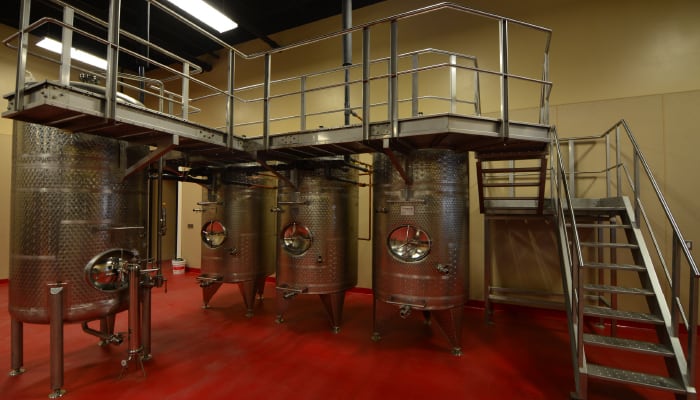Hard cider is the new beer. Or rather, small-batch cider is the new craft beer. Put another way, sales of mass-produced cider are in the doldrums and demand for artisan cider sales is going up. But just what do we mean by hard cider? For starters, it is made from the fermented juice of apples. Then things get complicated, since there are as many variations in style and quality as there are between fine wine and plonk. Some brewers take their cues from Brittany, in the north of France, where faintly-briny bone-dry cider is sipped in small bowls, a pleasing accompaniment to the shellfish and buckwheat crêpes for which the region is known. Others look to Ireland, where cider is enjoying a renaissance as a pub drink made from heirloom apples. And for others, cider is a cheap-and-cheerful alternative to beer. John and Sinead King, the proprietors of the new-ish Riverhead Ciderhouse, in Calverton, are betting on the third style. Depending on the season, there might strawberry, prickly-pear, peach, black cherry, and sweet apple-flavored ciders on tap–a fine accompaniment to the pizzas, pretzels, and other casual snacks on offer at the high-ceilinged 8,000 square-foot tasting room and production facility. In the gift shop of the cider house tasting room, you can buy a chocolate-infused cider or a cider that is meant to taste like apple pie. The Kings, who own the wine distribution company Grapes & Greens, made an extensive tour of cideries around the country before they decided to brew their own.
To go by the sight of the tasting-room patrons who were quaffing with gusto on a recent weekday, cider is a merry drink indeed. It’s low in alcohol–from 3.5 to 8 per cent–and it’s inherently gluten-free, which makes it attractive to wheat-beer lovers who might be sensitive to wheat. The facility’s production manager, Will Loughlin, is one such person. He was a dedicated home brewer of wheat beer until he developed an allergy to wheat nine years ago. (Although there are beers that are brewed without wheat, they’re a different kettle of fish from the ones Loughlin likes best.) Cider, Loughlin discovered, has the same fizzy, refreshing quality as beer, and he finds it just as enjoyable.
At Riverhead Ciderhouse’s spotless production facility, Loughlin and company produce 230 kegs every eight weeks. That’s how long it takes to transform 4,000 gallons of apple juice into hard cider, a process that commences with the inoculation of the juice followed by fermentation and filtering. Currently the company sources its juice, which is pressed from Portland, Empire, Fuji, and Macoun apples, from orchards in New York. However, plans are underway to augment that supply with apples from its own nascent orchard consisting of 215 apple trees in fifteen varieties–Snappy Macs, Honey Crisps, Northern Spies, and Pink Ladies among them. The trees, which are growing on land behind the cider house, are expected to reach full maturity in 2020, and when they do, it will be worth the wait.








